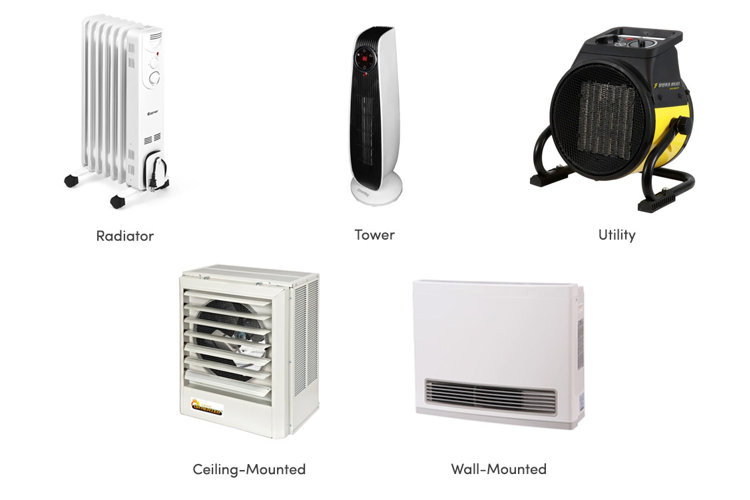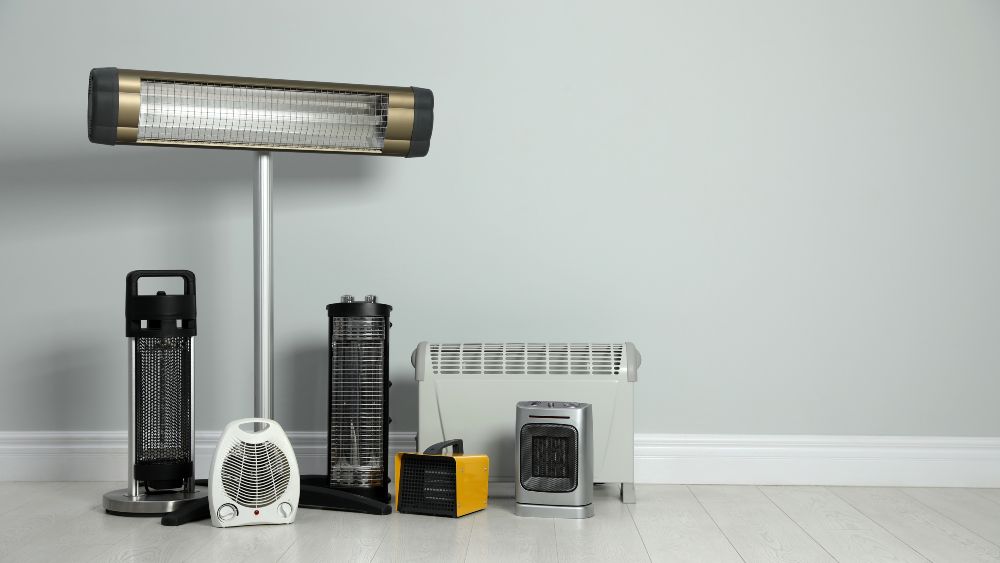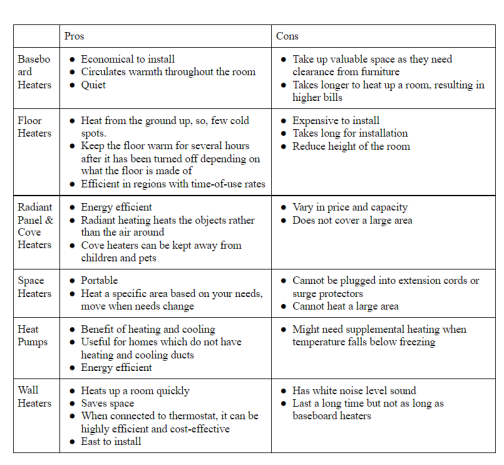The Facts About 1 Source Portable Air Uncovered
The Facts About 1 Source Portable Air Uncovered
Blog Article
Not known Incorrect Statements About 1 Source Portable Air
Table of ContentsThe smart Trick of 1 Source Portable Air That Nobody is Discussing9 Simple Techniques For 1 Source Portable AirThe Definitive Guide to 1 Source Portable AirAn Unbiased View of 1 Source Portable AirIndicators on 1 Source Portable Air You Need To Know
Running costs are based on an electricity cost of 40c/kWh. The expenses for 3 months' usage in winter season are based upon 500 hours utilize, or about 6 hours each day for 3 months. Maximum warmth output is based upon the optimum electrical power of the versions we've examined (we concentrate on greater power level heating systems).
On standard, little follower heaters are less expensive to purchase, yet can have higher running prices. Oil column heating units will certainly be the cheapest on the market to run (on standard) but just by a narrow margin in advance of convection heating systems (like panel and micathermic panels).
1 Source Portable Air - Truths
If you have a relatively easy to fix ceiling follower, it'll assist spread the heat around the space more evenly. A number of expensive heaters have failed to impress our testers, while some cheaper designs make for surprisingly good buys.
As the name suggests, they emit warm from a heated heating aspect (so the household will have to take turns resting in front of it). Glowing heating systems are fairly affordable.
Glowing heating units generally set you back between $20 and $200. Oil-filled column heaters do not in fact shed oil they utilize electrical power to heat the oil that's secured inside their columns or 'fins'.
1 Source Portable Air Fundamentals Explained
Some column heaters aren't even oil-filled yet rather make use of various other product or heating innovation to work similarly - 1 Source Portable Air. The threat of fire with an oil column heating unit is reduced compared to other heating unit types, however never ever absolutely no. Oil heating systems don't have actually subjected aspects like glowing heating units do, and their surface temperature level is lower than lots of various other heater types (their big area offsets it)
Oil column heaters will not explode, and while they don't melt their oil to produce heat, it's still flammable, so there is a fire risk if the oil leaks, if the heating system topple and leaks, or if combustible things or material enter call or fall on the heating unit. You ought to exercise the exact same degree of caution with oil heating systems as for various other heating unit kinds, and never ever hang towels or clothing over one to dry them make use of a drying shelf rather, at the very least one metre away.
Column heating units are particularly useful in areas where they'll be switched on for long durations of time or where they'll run unattended, such as overnight in a bedroom. The surface find areas you're most likely to touch on a column heating system do not get as hot as various other kinds of electric heating systems. You can make use of a ceiling fan on very low rate to help the column heating unit to distribute the warm faster and much more uniformly.
Oil-filled column heating systems typically set you back in between $50 and $450. Convection and panel heating units draw cool air over an electric home heating component.
1 Source Portable Air for Beginners

Convection and panel heating systems are a lot more portable than their oil-filled column heating system counterparts because they're considerably lighter. They'll heat up the air in a space uniformly and promptly. Like a column heating unit, you can utilize a ceiling follower on very low speed to distribute the warmth navigate here quicker and more equally. Some designs, especially panel heating systems, are somewhat expensive to get.

1 Source Portable Air Can Be Fun For Anyone
Follower heating units are usually smaller and a lot more mobile than various other electric heating units. They also come in the form of tower fan heating systems, which can be much better for dispersing warm around bigger rooms due to their taller account. They can heat up the air in a space much more rapidly, equally and promptly than some various other heater kinds.
They can be rather noisy with the follower on complete power, however are generally web fairly quiet at lower fan speeds. Fan heating systems (ceramic or otherwise) usually cost between $60 and $900. Ceramic fan heating systems aren't necessarily any kind of various in cost to non-ceramic versions. A relatively recent entrant right into the customer market, infrared heating units warm the room like the sun heats your face (without the UV rays so no threat of skin cancer). 1 Source Portable Air.
Report this page